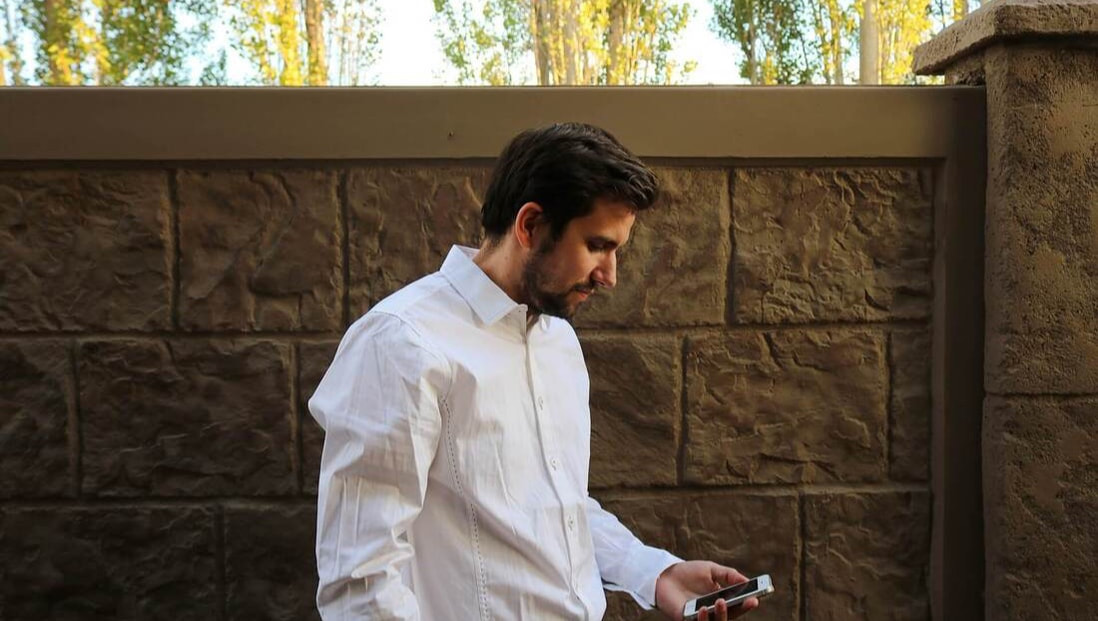What is the National Labor Relations Act?
An employer who fires, suspends, or otherwise penalizes an employee for taking part in protected group activity is liable under the Act
Does the NLRA consider activity on social media "concerted activity"?
Not only can a social media post be concerted activity, but so too can a comment or a “like.”
However, not all social media activity is protected by the NLRA. To get the Act’s protection, your statement must have some relation to group action, or seek to initiate, induce, or prepare for group action, or bring a group complaint to the attention of management.
What type of social media activity is not protected by the NLRA?
Public disparagements of the employer’s products or services without relating those complaints to any labor controversy are similarly not protected, nor are individual complaints about some aspect of work.
That is not to say that individual employees cannot engage in protected concerted activity.
A single employee may engage in concerted activity if he or she is acting on the authority of other employees, bringing group complaints to the employer’s attention, trying to induce group action, or seeking to prepare for group action.
For example, the Board has found the following language not too egregious or abusive:
“Bob is such a NASTY MOTHER F***ER don’t know how to talk to people! ! ! ! ! ! F**k his mother and his entire fu**ing family! ! ! ! What a LOSER! ! ! ! Vote YES for the UNION! ! ! ! ! ! !
National Labor Relations Board v. Pier Sixty, LLC, 855 F.3d 115 (2d Cir. 2017) (profanities omitted).
Thus, this “outburst” was “not an idiosyncratic reaction to a manager’s request but part of a tense debate over managerial mistreatment.” Also of importance, the employer consistently tolerated profanity among its workers, and the outburst was not in the immediate presence of customers or disruptive to a work event.
The Board recently found the below language disloyal:
The Board found the statement so “disloyal, reckless, or maliciously untrue” that it lost the Act’s protection.
Therefore, while employees generally have great latitude in expressing joint concerns relating to the terms and conditions of their employment, they must be careful not to make statements that could lose the Act’s protection.





 RSS Feed
RSS Feed